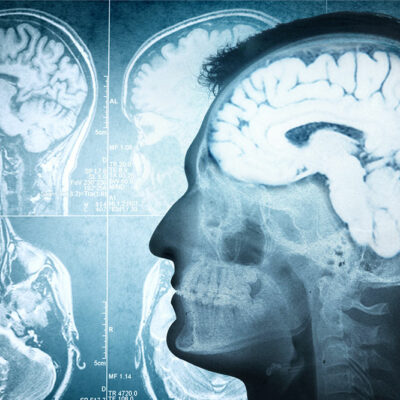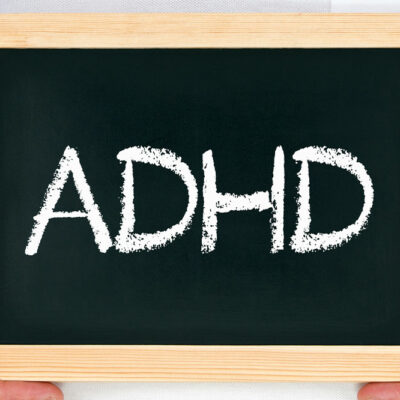
health
9 surprising signs of dehydration to watch out for
Dehydration can occur for various reasons, such as sweating excessively, not drinking enough water, or vomiting and diarrhea. Most people know that some common symptoms of dehydration include thirst, dry mouth, and dark urine, but other unusual and hidden signs may point to this condition. Ignoring these signs of dehydration may lead to health issues in the long run. If one experiences any of these symptoms, increasing the intake of water and other fluids is best. Bad breath When the body becomes dehydrated, it produces less saliva. Saliva is important in washing away food particles and bacteria from the mouth. Without enough saliva, bacteria can thrive, causing bad breath. Muscle cramps When the body is dehydrated, it can lead to an imbalance of electrolytes, which are essential minerals that help regulate nerve and muscle function. This can cause muscles to contract involuntarily, resulting in painful cramps. Dry or dull skin Dehydration can cause the skin to become dry, dull, or less elastic. Wrinkles and fine lines may also be a result of dehydrated skin. Headaches Dehydration can cause headaches or migraines in some people. When the body is dehydrated, it can decrease blood volume, which can cause blood vessels in the brain to narrow, leading to headaches.




















